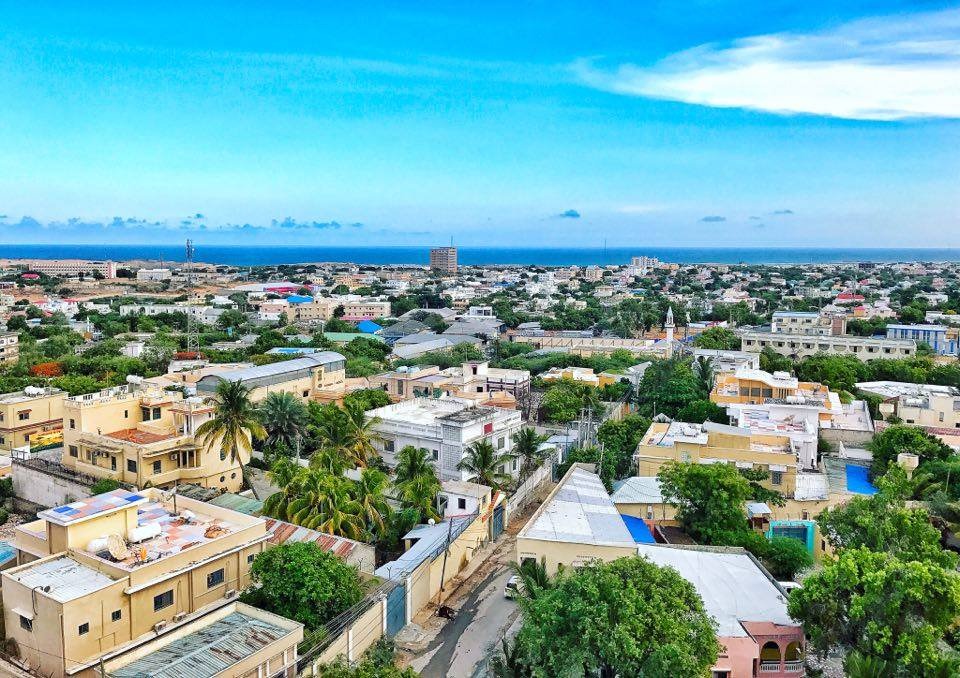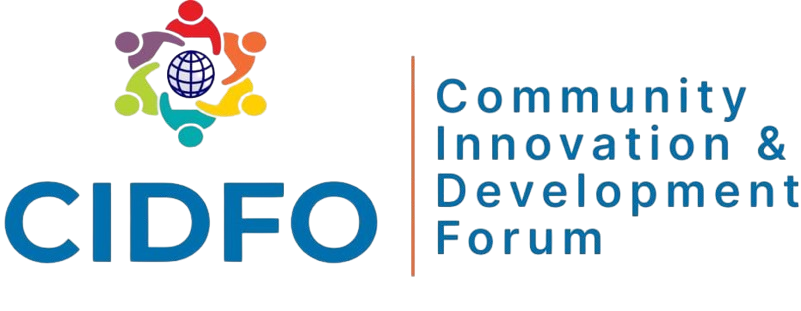What we do
1. Youth and women's economic development

Business development
We support youth to develop business skills and start their businesses through partnerships with government and non-government actors in the target community. Youth and women support is done in groups that are identified through local leadership and government agencies.
Skills development for youth
To ensure sustainable development, CIDFO supports skills development for youth and women in need of key skills to enable them generate income. We work with local technical skills support institutions and civil society actors to identify skills that need to be developed to enable the youth and women to build their income generation portfolio.
Some of the skills development areas include:
- Carpentry and Masonry
- Welding
- Tailoring and design
- Cookery and hospitality
- Beauty and fashion
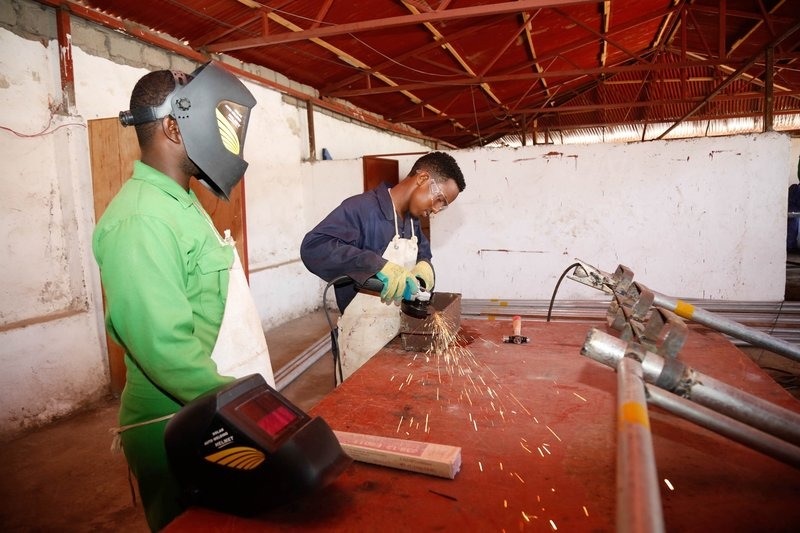
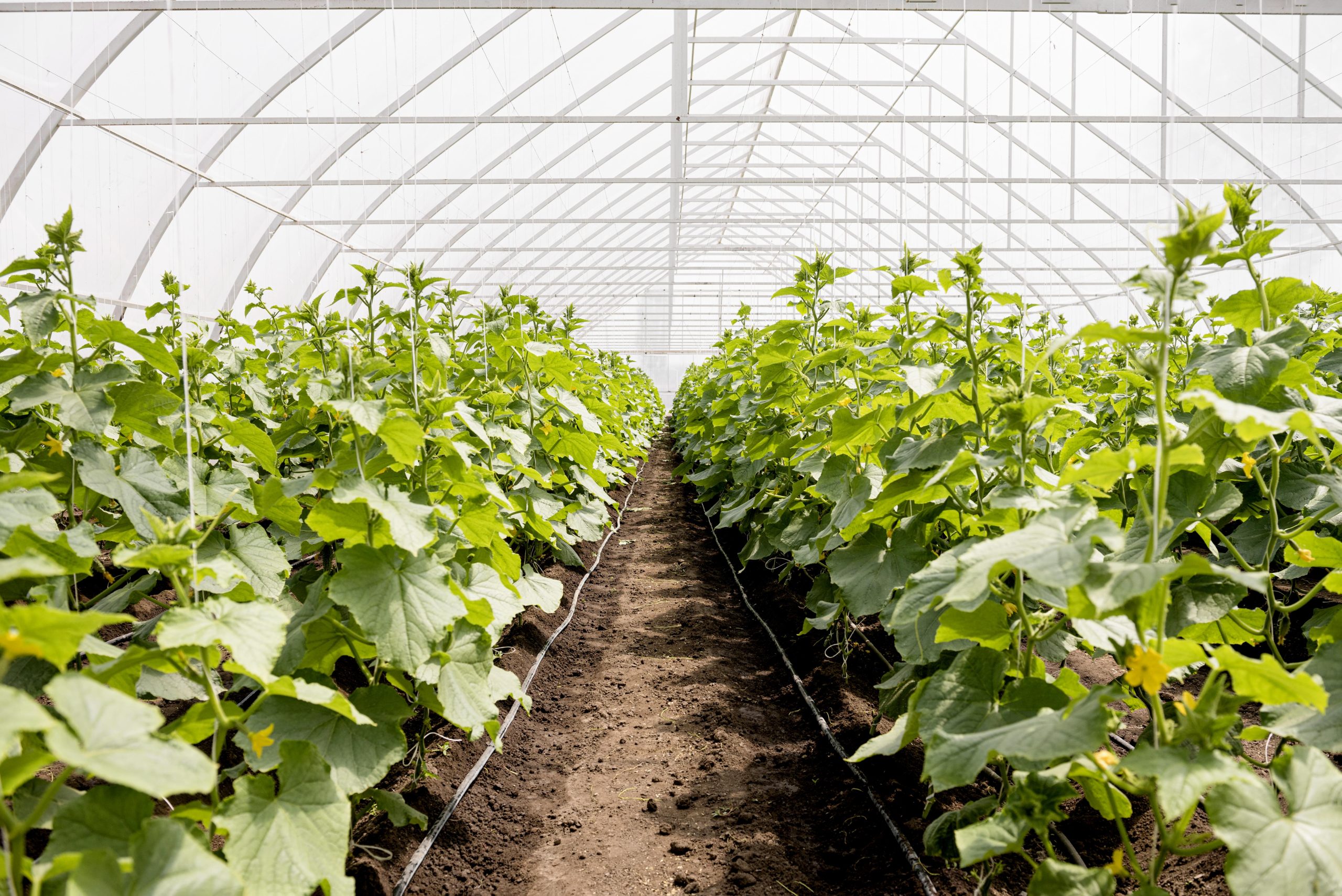
Climate smart agriculture
We work with the local community to improve food security and build resilience to climate change, particularly through drought-resistant crops, efficient water management, and improved agricultural practices through climate technologies. We seek to promote fast-maturing nutritious crops that can be grown to improve nutrition among mothers and children below the age of 5 years. Greenhouse farming and the use of pest control nets for better production.
2. Cohesion and justice
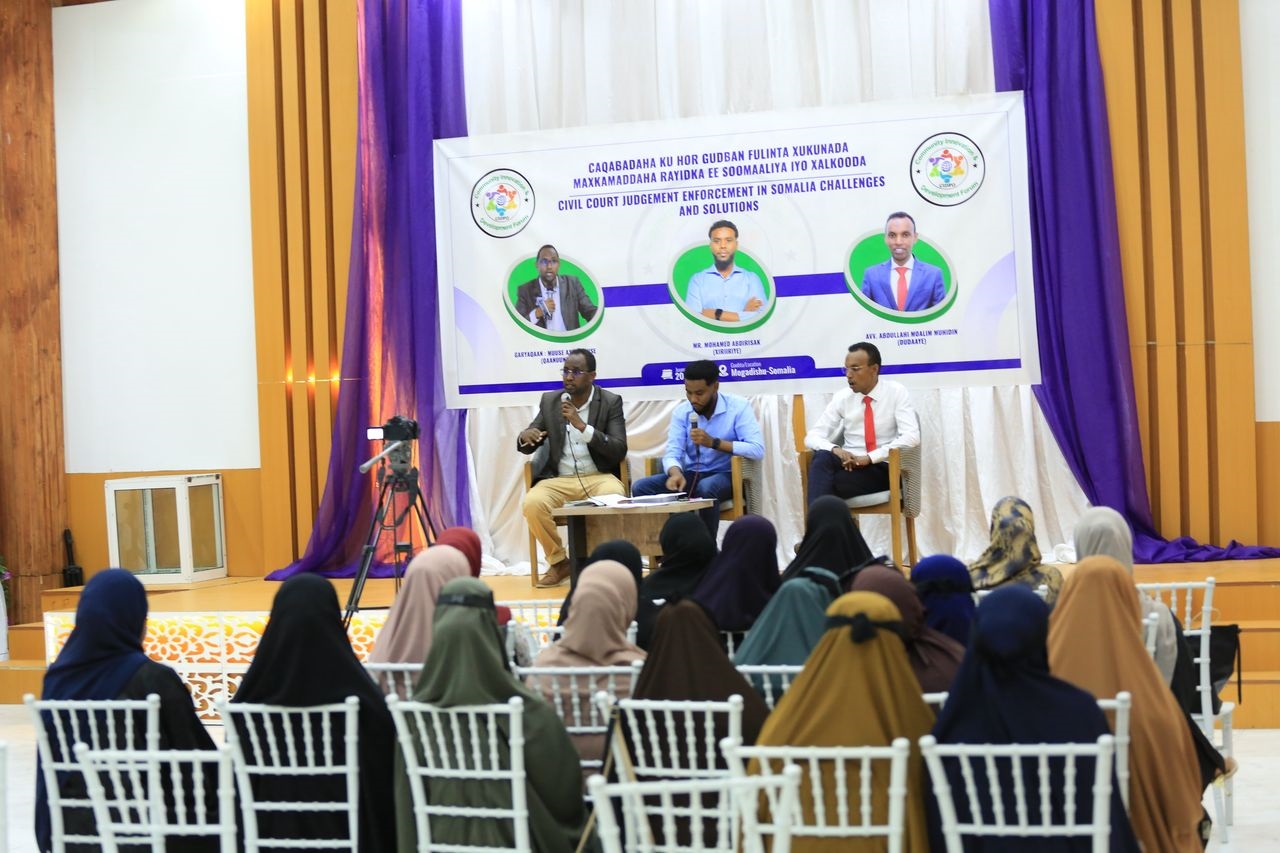
Educating communities on their legal rights and advocacy
CIDFO uses modern technology solutions to educate communities on their basic rights using the local language. We use local role models to educate various target groups on their rights. This is done in partnership with the local administration to ensure we align with the government’s justice priorities.
CIDFO works with Ministries, Departments, and Agencies (MDAs), Civil society, and International Organizations to provide information on various legal and regulatory aspects affecting communities, including resource management and human rights. The Focal ministries include Justice, Interior and national cohesion, Agriculture, Livestock, and Environment/climate change.
Community legal aid.
CIDFO acknowledges that the rebuilding of the Somali legal system is still nascent, and some communities have no legal support structures. This has resulted in the emergence of alternative legal systems that are not inclusive in their judgment. CIDFO provides pro bono legal representation and support to community-identified cases. We support people in conflict with law for crimes that affect human rights and people in the judicial process who are not able to raise fines or bails. CIDFO works with the Judicial system at the state and District level to promote rule of law and justice for all.

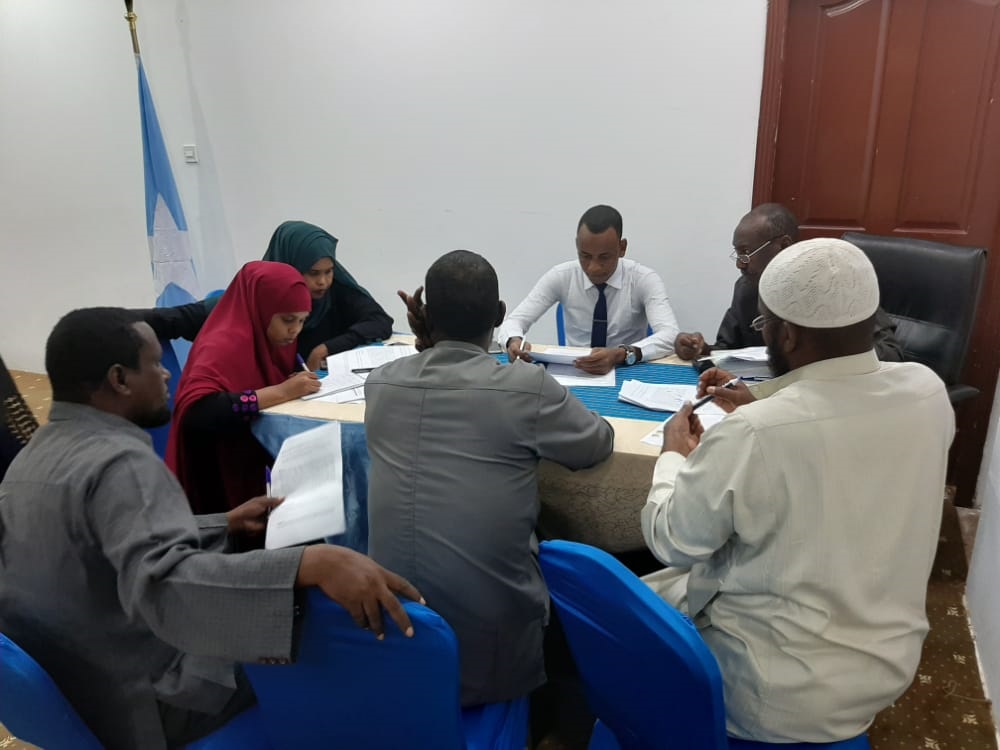
Build capacity for local legal professionals and advocacy
CIDFO has developed a legal advocacy and capacity development of community paralegal representatives. We support local legal systems to build their capacity through an online legal training for emerging community legal representatives and provide a stipend to them. CIDFO provides a platform for legal graduates to undertake practical professional training with support of senior lawyers.
Legal professional network
CIDFO has established a network of legal professionals across Somalia to support communities with Legal aid. The professionals will work as volunteers to represent people with need for professional services within communities to access legal justice and get bail or pay fines as per the judicial system determination. This network provides mentorship to young legal graduates. The Network acts a justice advocacy platform to support communities to engage government on policies and regulations related to their needs.

3. Peacebuilding and cohesion
Peacebuilding in Somalia is a crucial social requirement for rural communities. The biggest source of conflict is limited resources. CIDFO engages community leaders to develop a resource-sharing framework that enables communities to coexist with each other and share the available resources. Some of the initiatives to foster community cohesion and conflict resolution include:
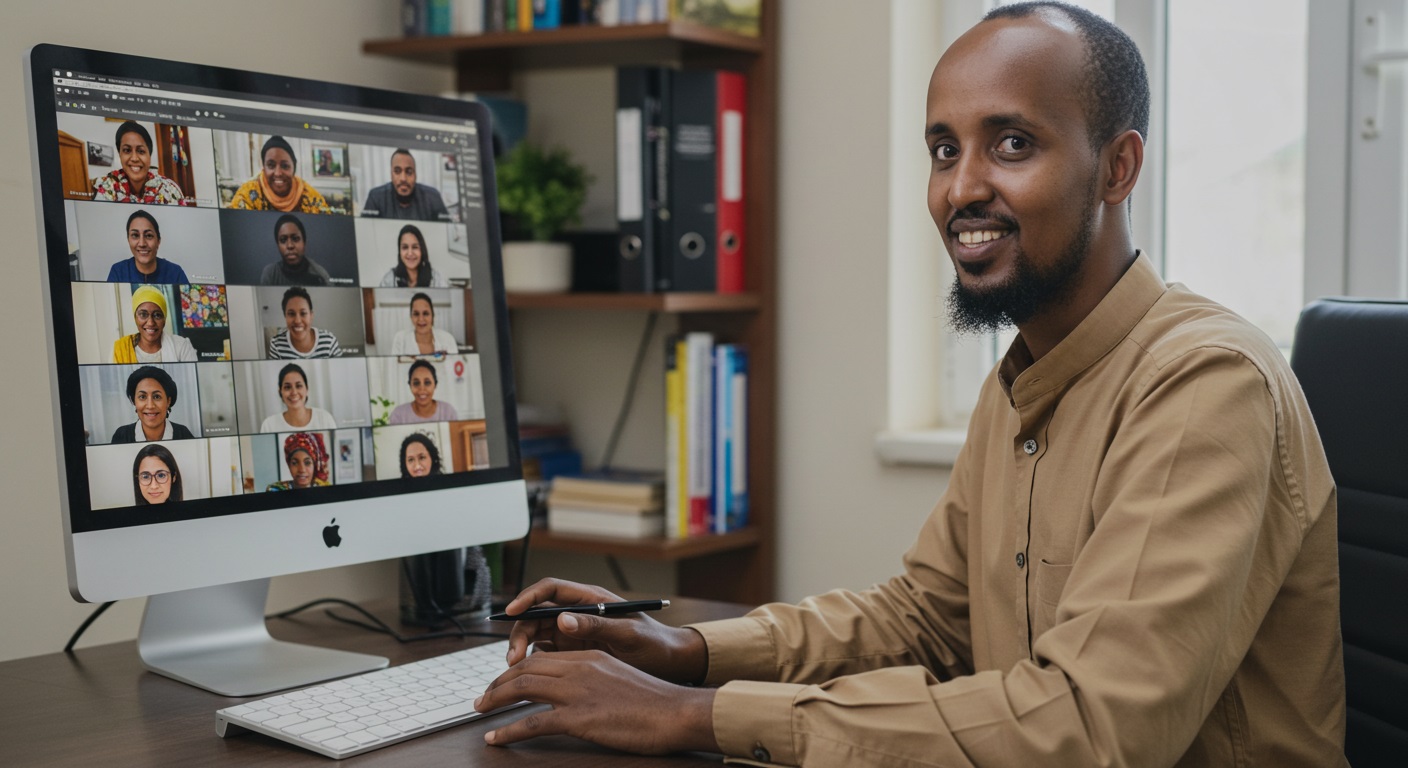
Community engagement forums
We engage communities through various forums, including:
- Online debates where leaders discuss conflict within a society and provide solutions to be implemented by community leaders and state governments.
Youth for Peace initiatives
Youth for Peace Initiatives, including sports and economic empowerment discussion forums targeting youth. We use such forums to build post conflict cohesion and engage youth in positive development of their communities. The initiatives are either Intra or Inter communities. To support integration of youth who have been involved in Conflict and Extremist violence (C/VE), CIFO works with government support systems at state and community level to provide a sustainable solution including providing alternative livelihoods to the beneficiaries. We engage the community leaders to identify possible integration mechanism including disarmament especially in recently liberated areas.
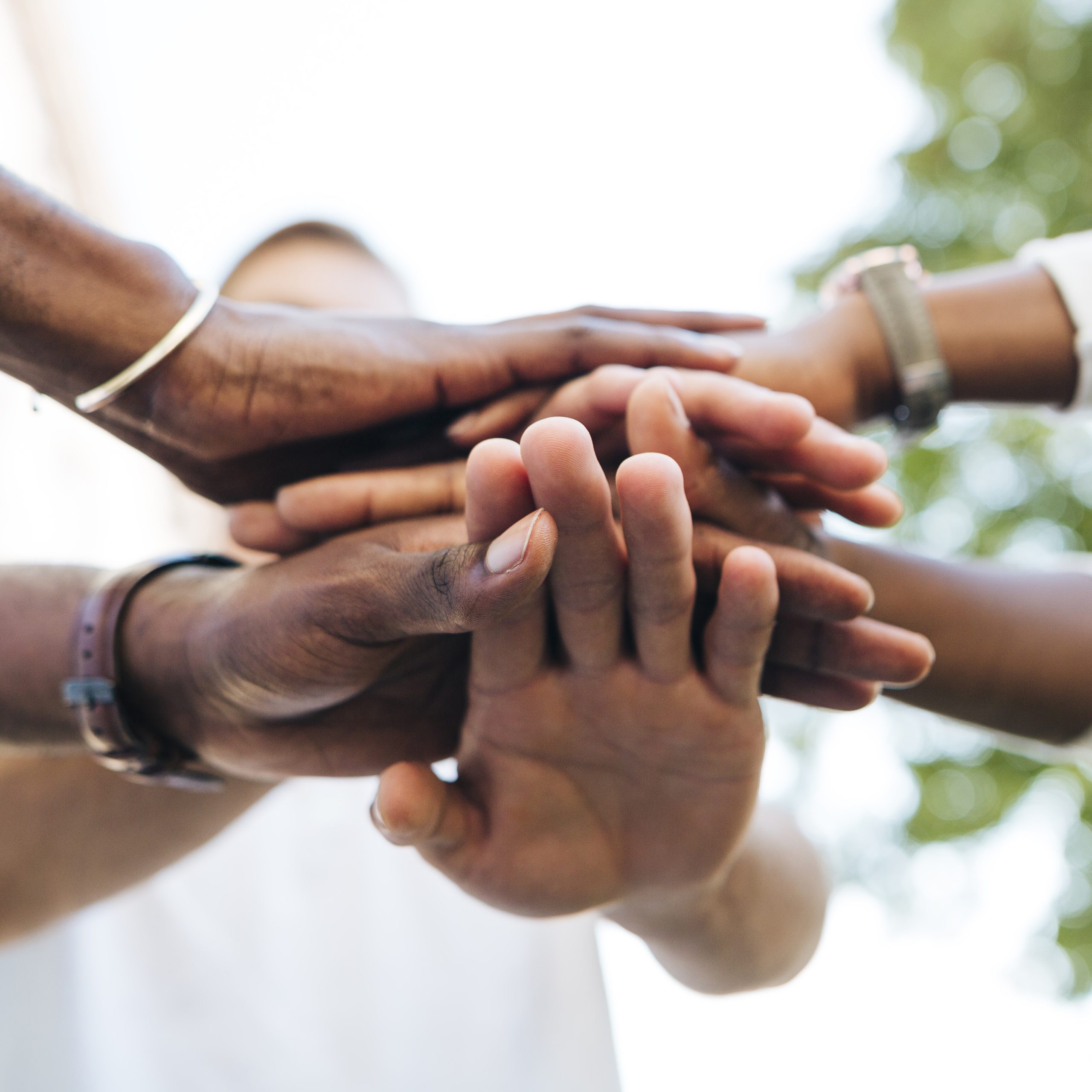
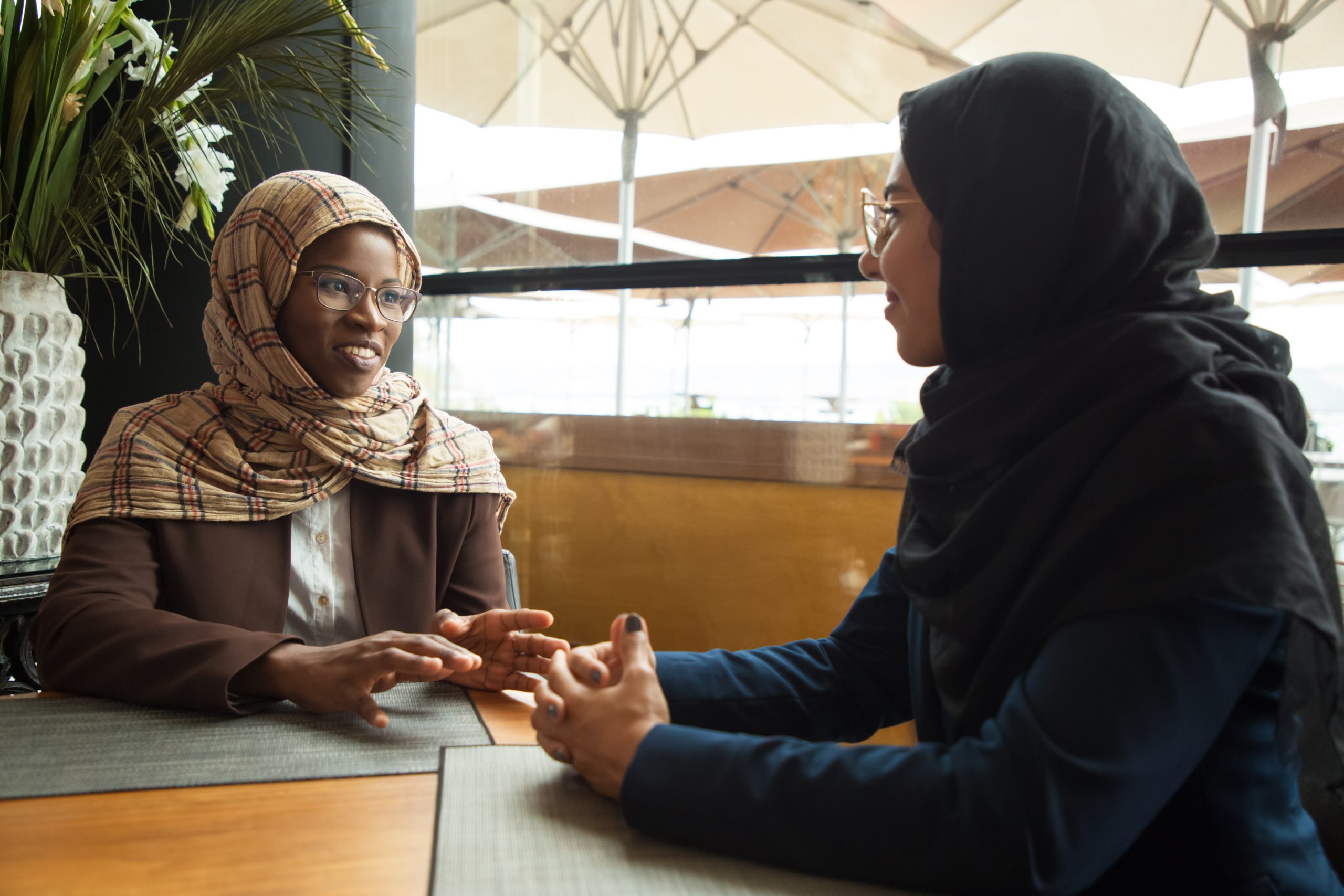
Psychosocial support for post-conflict victims
In partnership with local mental health support organizations, we promote psychosocial support initiatives for people in violent extremism-prone areas and youth integrated in the communities who require rehabilitation.
Conflict resolution forums
CIDFO provides communities with support to engage and resolve issues that affect their peace either in inter or intra communities. Throughout the Legal Professionals network, CIDFO works with the communities to resolve conflict related to resources in partnership with the relevant government Agencies at State or Federal level.

4. Community development
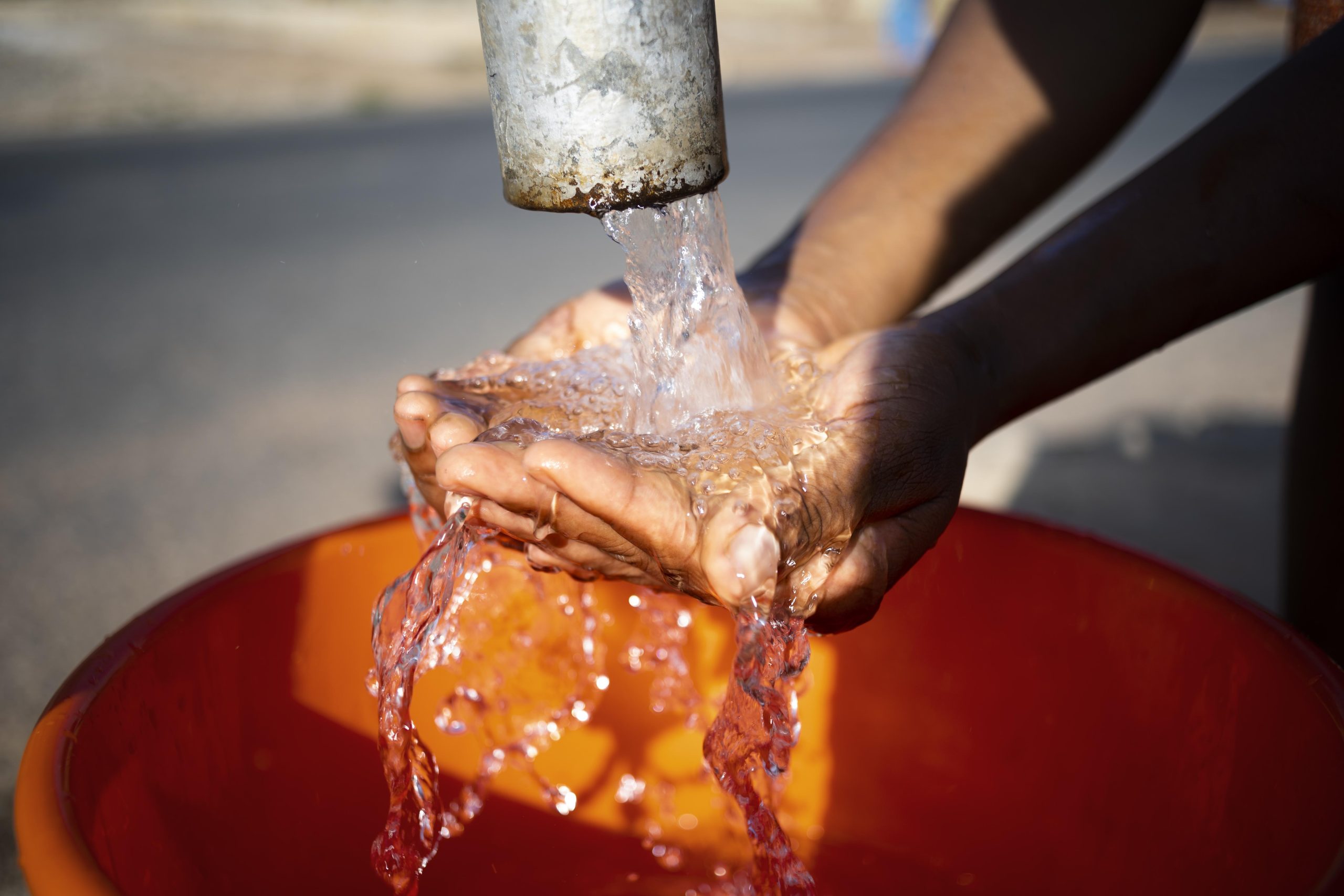
Access to water
CIDFO supports water access for productive use to reduce dependency on rain for agriculture. Using climate technologies such as solar water pumping, we support communities to produce water for agriculture, which can be shared with households for domestic use. CIDFO supports drilling of boreholes, drip irrigation equipment acquisition and distribution, and water purification solutions.
Community markets development
Being a livestock production community, Somali citizens require market development support to access markets and value addition. We support building livestock value chains for sustainable community economic development. By engaging government actors in the livestock sector, we provide the communities with information that helps in decision-making and preparedness in case of drought or floods.
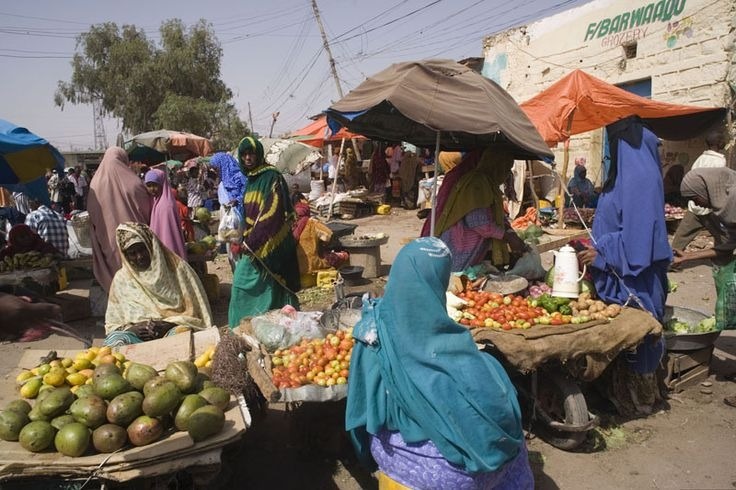
5. Research and innovation
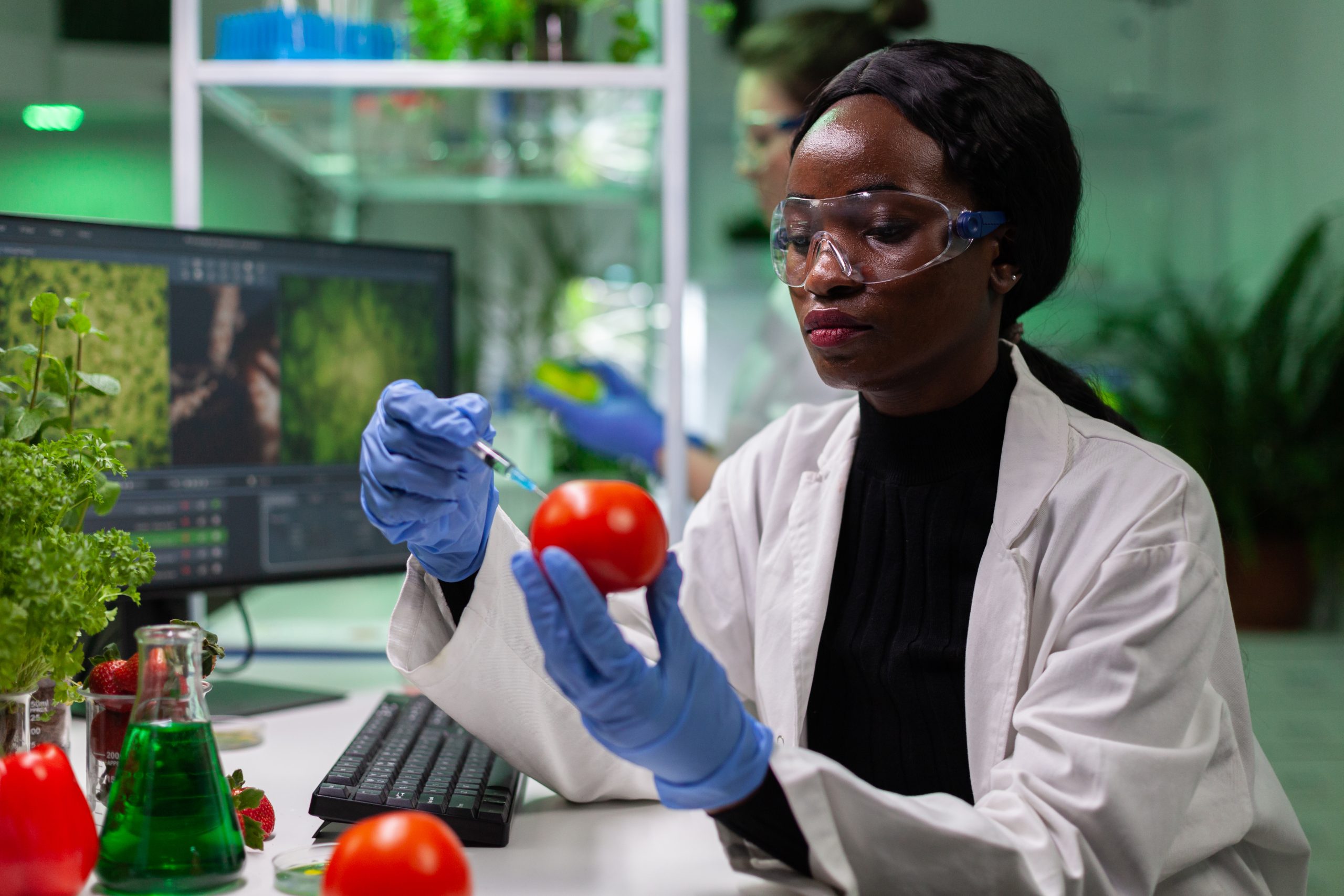
Agriculture & climate change
CIDFO undertakes research in Agriculture and climate change to inform its solutions for the target communities. We work with various development partners to support community-based climate smart agriculture and conservation of natural resources.
Legal and justice policies and laws
To effectively support community social justice CIDFO works with the Ministry of Justice and State legal departments to identify key policy and legal gaps affecting communities to inform legal capacity development and legal aid support.


Disaster risk management and early warning
Communities in Somalia a vulnerable to human-related or natural disasters, with limited early warning information. We work with the Local government institutions to support community access to information on Disaster risk Reduction.
Where we work
CIDFO is a National Nongovernmental organization with its headquarters in Mogadishu but works in the Federal Member states. We are currently working in the South-Central states of Somalia with offices in Puntland and Somaliland
The South-Central states are:-
- Southwest State of Somalia
- Jubaland State of Somalia
- Hirshabelle state of Somalia
- Galmudug State of Somalia
